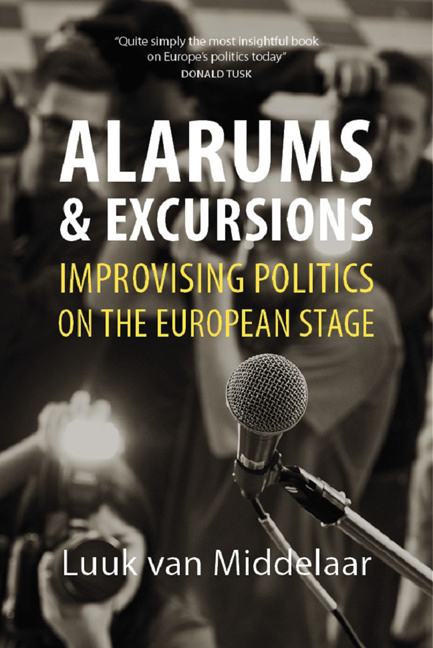5 - Two foundations
Published online by Cambridge University Press: 16 August 2023
Summary
‘Sediments of time’ is a reference, like its geological paradigm, to several layers of time of varying duration and different origins, which are nevertheless present and operating simultaneously. It also presents a concept that covers the simultaneity of the nonsimultaneous, one of the most revealing of historical phenomena. […] All conflicts, compromises and efforts to build consensus can theoretically be traced back to temporal tensions and fault lines – there is no escaping the spatial metaphors – that have been preserved in diverse sediments of time and can be released from them.
Reinhart KoselleckWhat have our legislators gained by culling out a hundred thousand particular cases, and by applying to these a hundred thousand laws? This number holds no manner of proportion with the infinite diversity of human actions; the multiplication of our inventions will never arrive at the variety of examples; add to these a hundred times as many more, it will still not happen that, of events to come, there shall one be found that, in this vast number of millions of events so chosen and recorded, shall so tally with any other one, and be so exactly coupled and matched with it that there will not remain some circumstance and diversity which will require a diverse judgement.
Michel de MontaigneLet justice be done, though the world perish.
Martin LutherThe irony of history
In all the thrilling acceleration of the present, it is wise to keep slower things in mind: the heritage of the past, the centuries-old interplay between states and peoples, the long-term nature of identities. A historical outlook turns the Union into the totality of individual and collective answers by the member states to questions asked again and again by time. The Union’s haphazard tangle then appears not as the result of political stupidity or bureaucratic short-sightedness (although these sometimes make things worse) but as the repercussion of Europe’s rich and divisive history – all those clashes of states and peoples between the Atlantic and the Urals that will always require relationships with each other and with the world. There is some comfort in this realization.
- Type
- Chapter
- Information
- Alarums and ExcursionsImprovising Politics on the European Stage, pp. 151 - 172Publisher: Agenda PublishingPrint publication year: 2019

